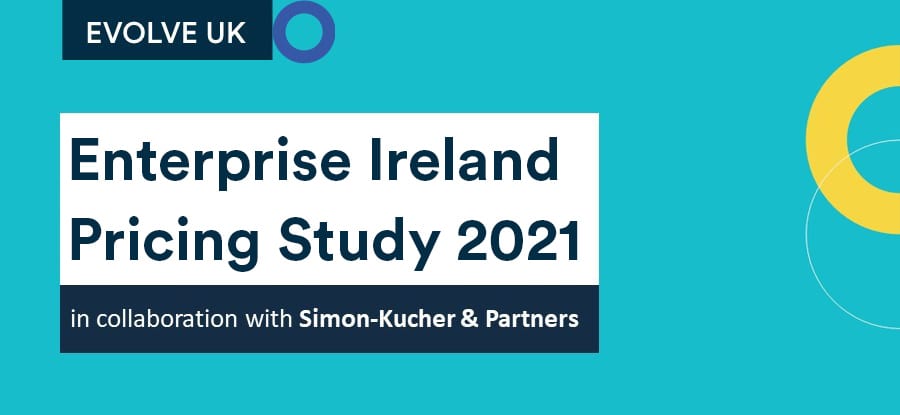UK financial services: A lucrative market for Irish companies looking for growth
Consumers and companies are still coming to terms with the new restrictions, rules and regulations in the post-Brexit world. The added disruption of the Covid-19 pandemic added even more change into Ireland’s economic relationship with the UK.
Slowly, things are beginning to settle down. We can see more clearly how our relationship with our most important trading partner has altered since their withdrawal from the EU.
One industry that has attracted many headlines is financial services, especially in London, which has long been seen as one of the most important financial hubs in the world.
Overview of the UK financial services market
In the run-up to Brexit, there was much talk of London losing its dominance in financial services as Brexit played out, but this has certainly not been the case.
Covid-19 had little effect on the sector too. A 3% reduction in output, 2% of eligible staff furloughed – is negligible when compared to other industries such as hospitality.
The UK remains one of the biggest financial services markets in the sector globally, and there are many exciting opportunities there for ambitious Irish companies.
Areas of opportunity in the UK financial services market
“One of the biggest areas of opportunity is in technology, as the financial services industry in the UK is undergoing a rapid and wide-ranging modernisation cycle,” explains Jack Finucane Clarke, Senior Market Advisor, UK Financial Services/Fintech.
“This is partly driven by the pandemic as companies grapple with remote working, retaining or attracting good staff and partly driven by exponential operability offered by AI, natural language processing and API connections.
“This is great news for Ireland, as we have a strong reputation for innovative technology solutions, especially in fintech and cybersecurity.”
“The UK financial services industry is looking for a wide range of technology solutions including HR technology, compliance and regtech, payments, bionic underwriting in insurance, process optimisation and especially technology that can open up new revenue streams.”
“Insurance is a sector that is really starting to embrace digitalisation. With more MGAs coming to the market that are entirely technology-based, there are plenty of opportunities.”
“Irish companies – such as CodeEast, who recently announced a partnership with WTW and Unitek, an early-stage company based out of Malahide – are getting lucrative deals in the space. The reputation of Irish insurtech is growing in the city, and we hope to see more entrepreneurs developing scalable solutions in the future.”
The growing influence of technology in financial services can be seen in the make-up of financial services boards of management. Previously, these boards were dominated by accountants, lawyers and bankers. Now, there is strong representation from experts in technology, often coming from other industries.
“This gives a strong indication of the way in which the industry is going,” says Jack.
“Technology companies should always be careful to focus on the ‘fin’ rather than the ‘tech’ to ensure the solutions are suitable for financial services.”
Remote working in the UK financial services market
According to Jack, remote working in the industry has also produced plenty of opportunity for Irish companies.
“While remote working, project managing remotely, and communicating and selling remotely were considered ‘nice to haves’ before the Covid-19 pandemic, it’s now becoming clear that they are here to stay and are now considered essential to compete within the industry and to attract talent.”
“At Enterprise Ireland, we are working with financial services clients on adjusting their products and processes to suit remote selling.”
This is still an area with plenty of opportunities for Irish companies with innovative solutions.
Sustainability in the UK financial services market
“Sustainability is also an important area for innovation,” Jack continues. “The market is ripe with opportunities for Irish businesses to take advantage of this development.”
At a number of recent events in the UK, Enterprise Ireland executives noted that this is a consistent topic of conversation among the most senior personnel in the industry.
“There is clearly a strong and increasingly urgent need for solutions in the areas of sustainability and environmental, social and corporate governance.”
Entering the UK financial services market
A growing trend – and one that underlines once again the growing importance of the market for Irish companies – is the move by some Irish companies to set up a presence in the UK.
This is generally done either to be regulated in the market or to keep a close proximity to their buyers. Most recently, Global Shares and CurrencyFair have established offices in the UK.
































